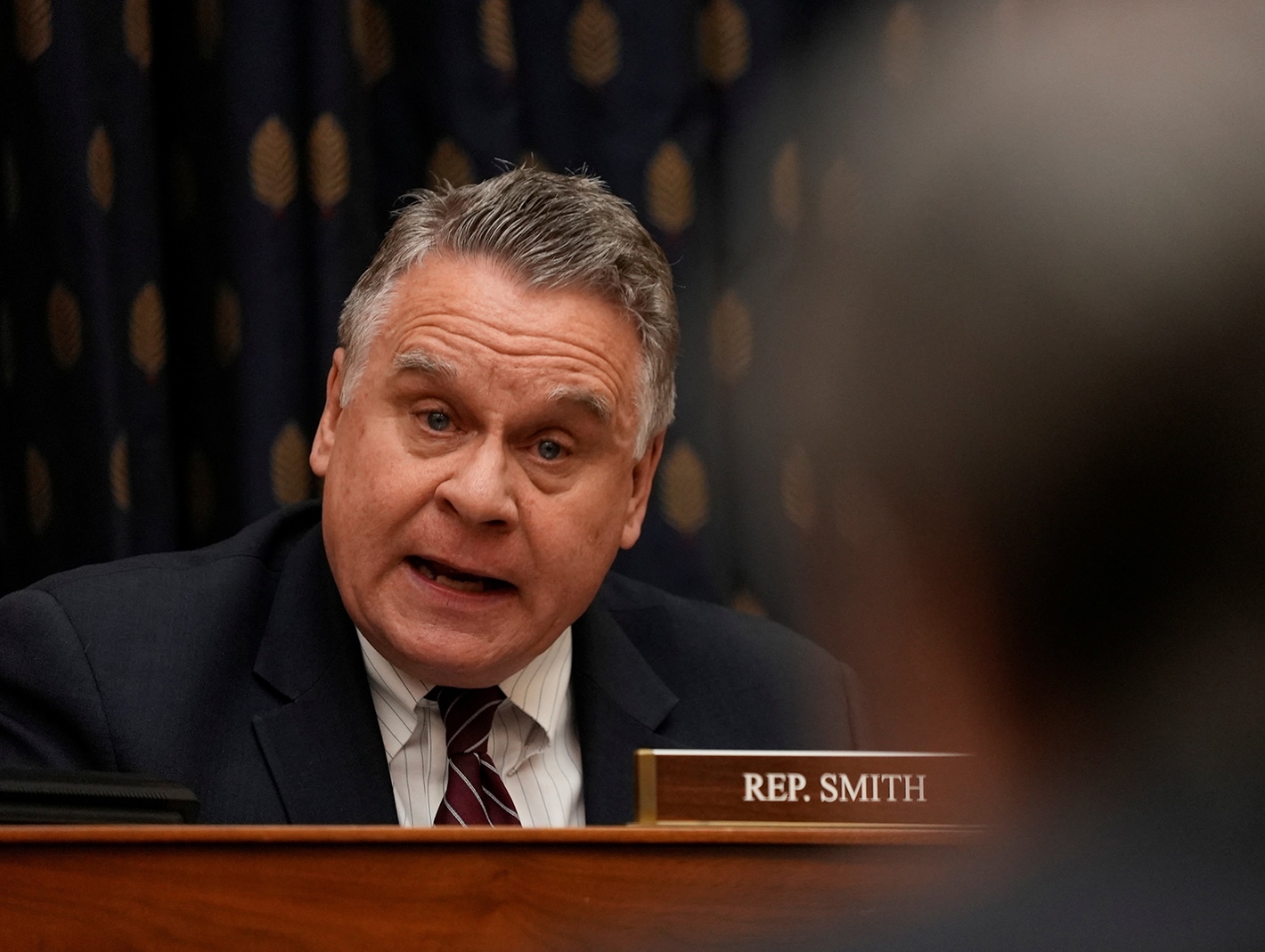WASHINGTON (OSV News) — The U.S. House on Feb. 13 voted to reauthorize the Trafficking Victims Protection Act, legislation to bolster anti-trafficking programs, for another five years.
In a bipartisan 414-11 vote, the House approved the legislation written by Rep. Chris Smith, R-N.J., which his office said includes age-appropriate prevention and education initiatives for elementary and middle schools and provides funds for survivors’ employment, housing and education, among other initiatives.
“This critical legislation reauthorizes funding for FY2024 through 2028 — a total of five years — to continue current year enacted appropriation and authorization levels to enhance programs, strengthen laws, and add accountability,” Smith said in remarks on the House floor Feb. 13.
Honoring a former slave
Smith wrote the landmark Trafficking Victims Protection Act of 2000, as well as four subsequent anti-trafficking laws.
Smith, who is Catholic, said the latest reauthorization of that law was named in honor of the renowned African American abolitionist and orator Frederick Douglass (1818-1895) who himself escaped from slavery — the Frederick Douglass Trafficking Victims Prevention and Protection Reauthorization Act (HR 5856) — because it combats human trafficking, which is modern-day slavery.
Smith’s office said the bill now moves to the Senate, “where it is expected to garner broad consensus.”
In a statement, Kenneth B. Morris Jr., president of the Frederick Douglass Family Initiatives, who helped craft the legislation, praised the measure, which he said would “allow us and many other organizations to continue the necessary work of combating human trafficking.”
“Congressman Smith’s TVPA has shaped the domestic and international anti-trafficking landscape since 2000 creating empowering programs for survivors and strengthening efforts to prosecute traffickers,” Morris said. “Since 2018 his law has been named after my ancestor, Frederick Douglass, thereby emphasizing education and resilience as effective means to prevent human trafficking among children, prevent re-trafficking of survivors, and provide support and hope to survivors in their journeys toward self-empowerment.”
Help for survivors
A summary of the legislation from Smith’s office explains the law promotes prevention training for elementary and secondary students and faculty; authorizes survivors’ employment, housing (including housing assistance grants) and education programs; train-the-trainer programs and collaboration with Internet Crimes Against Children Task Force; encourages the usage of prevention efforts “to include accessible, age-appropriate, and trauma-informed approaches” for beneficiaries of U.S. foreign aid; streamlines some watch list statutory language; reauthorizes State Department monitoring efforts; and adds forced organ harvesting to the State Department’s annual Trafficking in Persons (TIP) Report.
It also reauthorizes funding for Smith’s International Megan’s Law, enacted in 2016, which requires convicted child sex offenders to provide notice to the U.S. government prior to traveling abroad.
The U.S. Conference of Catholic Bishops has backed the legislation and urged lawmakers to approve it “without further delay.”





